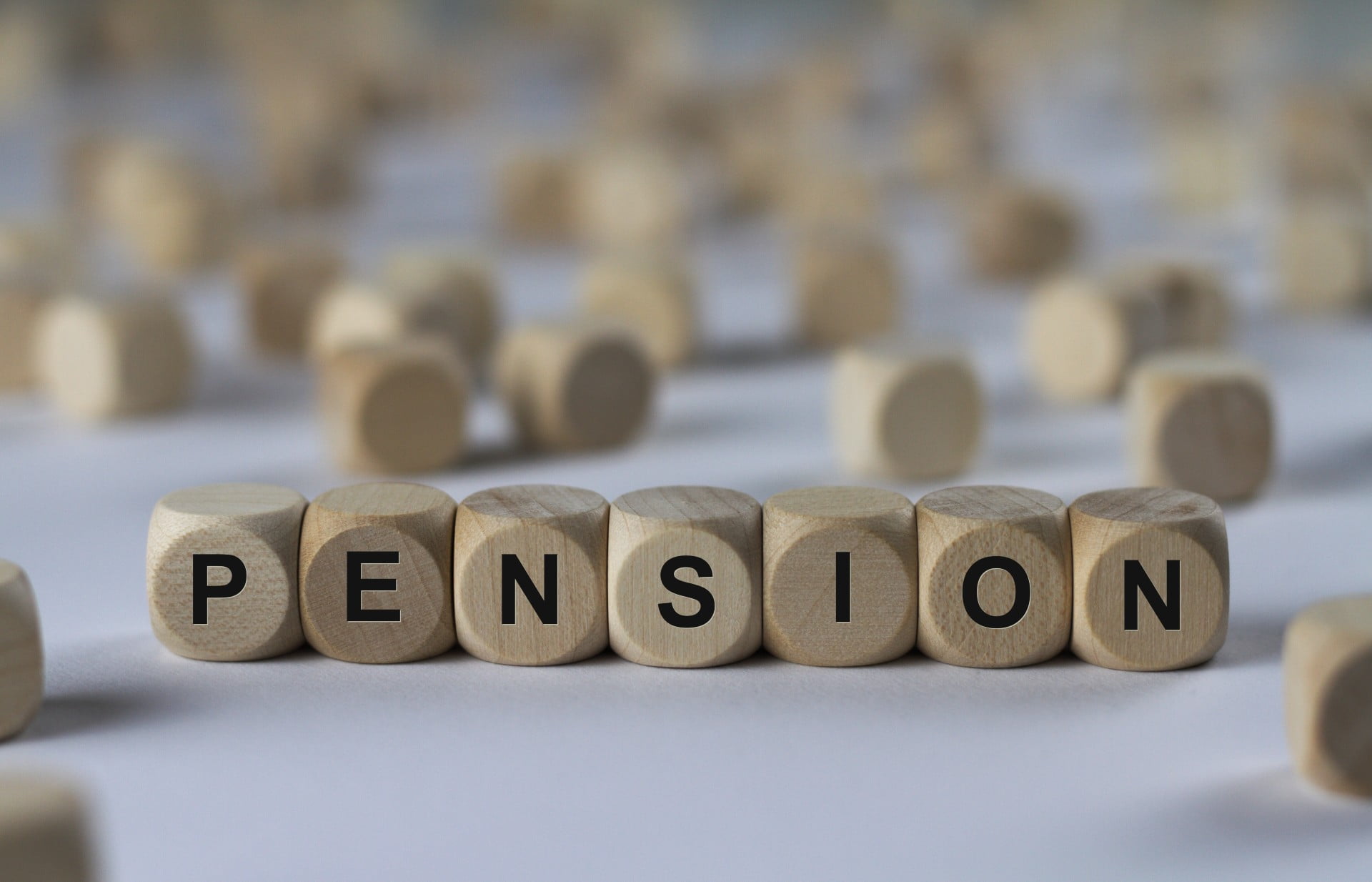Following the recent spring budget announcement by Jeremy Hunt, there are a number of key changes you should be aware of in relation to your pension allowances. In summary:
- The money purchase annual allowance will increase from £4,000 to £10,000
- The minimum tapered annual allowance will increase to £10,000
- The pension annual allowance will increase from £40,000 to £60,000
- The lifetime allowance will be removed and then abolished in April 2024
Money purchase annual allowance (MPAA)
You could see your allowance reduced if you access any taxable income from your pension plan, in a flexible way, whether this is through a flexi access drawdown arrangement or from ‘cashing in’ your pension savings. There are certain exceptions which will not trigger the MPAA e.g. taking tax free cash only, capped drawdown or annuity purchase.
The amount you can save into your plan would usually reduce from £40,000 to £4,000 and this is known as the money purchase annual allowance, however, it was announced in the spring budget that this will go up from £4,000 to £10,000. This would make it easier for you to keep working and saving once you’ve taken money from your pension, if you wanted to.
Tapered annual allowance
The tapered annual allowance is something that impacts higher earners where the amount you are able to save into your pension plan gradually reduces each year depending on how much you earn.
Currently your allowance wouldn’t reduce to any lower than £4,000 but this minimum tapered annual allowance will be increased to £10,000 in the new tax year.
Pension annual allowance
This is the total amount you can save into your pension plans each year before effectively paying tax charges, including payments by yourself, your employer or a third party. This was previously set at a maximum of £40,000 or your total earnings (whichever is lower) but it will now be £60,000 from 6 April 2023.
Lifetime allowance
The Chancellor announced that the lifetime allowance would be completely removed from April 2023 and then abolished in April 2024, effectively there will be no lifetime allowance tax charge for anyone from 6 April 2023.
The lifetime allowance is the total you can build up in all your pension savings in your lifetime without facing any tax charges when you take them out, the lifetime allowance is currently set at £1,073,100 but as mentioned, this limit will be completely removed.
This could be good news if you have already been affected by the allowance or are getting close to the limit as it means you could top up your pensions savings without worrying about paying any extra tax. Also, if you were looking to take out your pension savings soon but this would have taken you over the allowance, you could potentially now avoid up to 55% in tax charges.
Tax Free Cash
This is now capped at 25% of £1,073,100 (the old lifetime allowance) or 25% of any fixed or enhanced protection.
Summary
Most of the changes announced by the Chancellor have been made to encourage people to stay in work for longer, including senior NHS employees, or to consider coming out of retirement. Therefore, if you’re happy to keep working and building up your pension savings, it could be welcomed news.
Effectively, the changes mean that it will cost you less to pay more into your pension savings so making the most of this by adapting your plans could give a boost to your pension savings. However, it’s important to take advice before making a contribution.
If you think the changes could impact your pension savings plan and would like to explore making changes, our expert financial planning team will provide tailored advice to your specific circumstances. Contact a member of our team today by emailing financial.planning@pmm.co.uk or call 01254 679131.
The information contained within this article is purely for information purposes and does not constitute financial advice.



